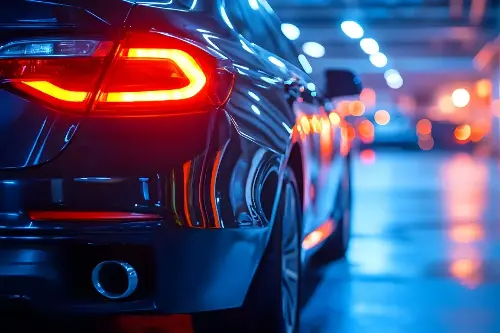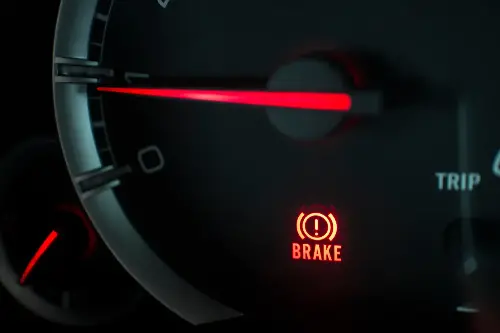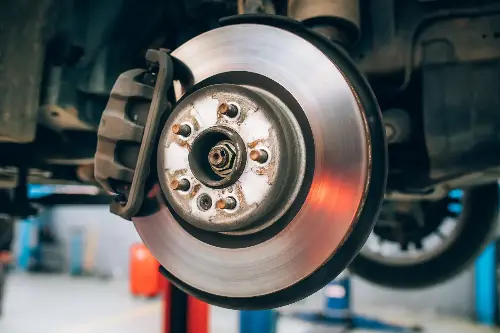Car brakes are, unequivocally, among the most critical safety features in a vehicle. As drivers, we rely on them countless times – to halt at traffic lights, slow down on the motorway or quickly respond to unexpected events. Understandably, maintaining your car's brakes is essential for safe driving. However, several common habits might be causing insidious damage to your braking system – leading to expensive repairs or, more importantly, jeopardising your safety on the road.

Understanding Brake Wear
Before diving into the detrimental habits, let's briefly touch upon brake wear. Each time you use your brakes, a small amount of material is worn off from the brake pads and discs. This is a normal process; however, excessive or sudden wear is generally a result of poor driving habits.
Riding the Brakes
One prevalent mistake drivers make is 'riding the brakes', which means keeping your foot lightly pressed on the brake pedal even when it's not necessary. This habit not only leads to premature brake wear but also increases the risk of overheating, which can then cause the brakes to become less effective - a phenomenon known as brake fade.
Excessive Speeding and Sudden Stops
Driving at high speeds and performing sudden stops can be heavy on your brakes. Anticipating stops and gradually slowing down can extend the lifespan of your braking system. Try to maintain a safe distance from the vehicle ahead, allowing you to decelerate smoothly and use the brakes gently.

Overloading Your Vehicle
Every car has a maximum load capacity. Exceeding this limit puts additional pressure on your brakes, making them work harder to stop the vehicle, which in turn results in quicker wear. Always refer to your vehicle's manual to check the maximum weight it can safely handle.
Neglecting Brake Fluid
Brake fluid plays a pivotal role in the functioning of your braking system. It needs to be replaced periodically as it can absorb moisture over time, which can lead to a decrease in braking performance. Keep an eye on the brake fluid level and condition, and adhere to your manufacturer's recommendations on fluid changes.
Ignoring Warning Signs
Your vehicle will often tell you if there’s something wrong with the brakes. Any unusual noises like squeaking or grinding, a spongy feeling when you press the brake pedal, or the car pulling to one side when braking are signs that you should not ignore. Timely inspection and repair can prevent further damage and ensure your safety.

Use of Inferior Parts
When it comes time to replace brake parts, opting for inferior quality components can be tempting due to their lower cost. However, cheaper parts are likely to wear out faster and can potentially compromise the effectiveness of your brakes. Investing in quality brake parts ensures your brakes perform effectively and last longer.
Skipping Regular Maintenance
Regular checks and maintenance are essential. Brake pads, discs, and fluids should be inspected by a professional regularly to ensure they are in good working order. Such proactive checks can save you money in the long run by preventing small issues from developing into larger, more costly problems.

Brake Disc Damage from External Factors
While most brake disc wear is the result of direct interaction with the brake pads, external factors like dirt, grit, and even small stones can get trapped between the pad and disc, causing grooves or scratches. Regularly cleaning your wheels can help minimise these risks.
Final Thoughts on Safe Braking
Your safety on the road is heavily dependent on the condition of your car's brakes. By avoiding these common bad braking habits, you’ll not only extend the life of your braking components but also improve your vehicle's safety. Cultivating good driving habits, respecting vehicle load limits, conducting regular maintenance, and responding to early warning signs are all integral to keeping your car’s brakes in prime condition. Remember, the cost of proactive vehicle care is invariably less than the cost of neglect – both financially and in terms of road safety. Drive wisely and brake smarter to ensure a safe journey every time you hit the road.
